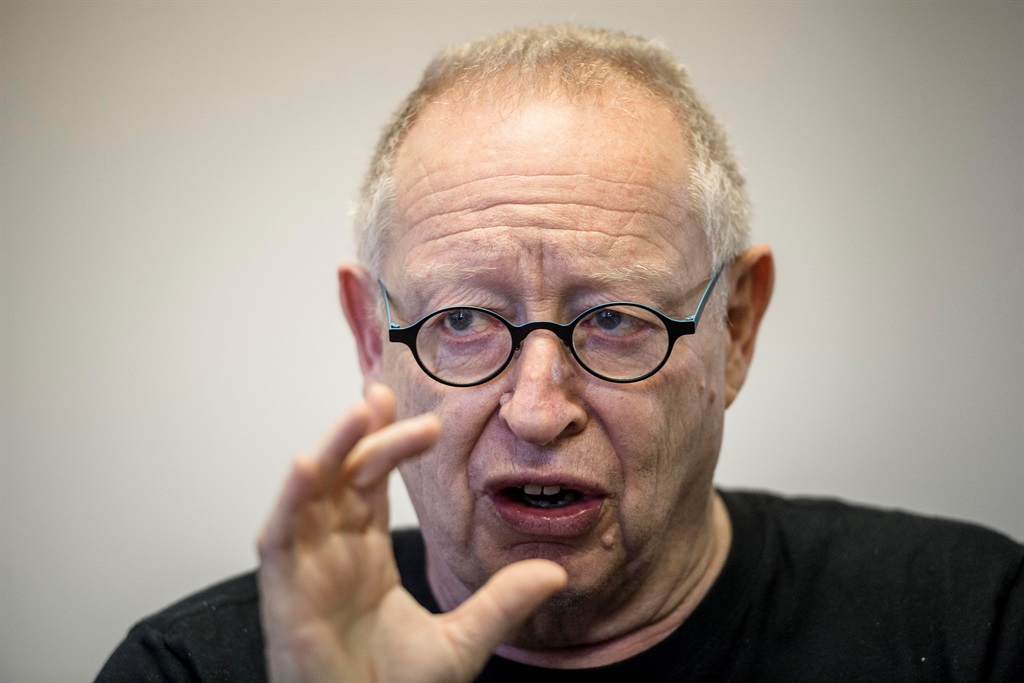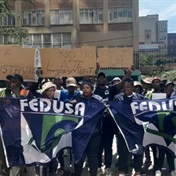
South Africans have not rolled over and accepted corruption as part of their daily life, says Corruption Watch executive director David Lewis.
Over 5000 corruption cases were reported to the organisation in 2017, a 25% rise from reports the previous year.
“2017 was a landmark year but it was only reached with great effort on the part of civil society and the media and an independent judiciary,” said Lewis on Wednesday as the organisation released its 2017 corruption report.
“Above all, it was achieved by an active and vigilant public. Corruption cannot be overcome without those who are willing to blow the whistle. They are the true heroes.”
The report comprehensively documents all the major allegations of corruption made in 2017, particularly among high profile politicians, various government officials and departments and their associates, as well as key institutions that are meant to uphold the pillars of democracy of the country such as the South African Revenue Service, the National Prosecuting Authority, the SA Police Service, and the Hawks.
“Unlike countries such as Russia and India where the citizens have rolled over and accepted corruption as a part of their daily life, South Africans have shown that there will not lie down and just accept this scourge. The 2016 municipal elections displayed South Africans’ discontent through their votes, and they have continued to do so through service delivery protests and judicial avenues,” said Lewis.
The non-governmental organisation presented most of the high profile corruption allegations in the form of a damning timeline which it described as “the timeline highlighting significant events that led to the dismantling of a corrupt government and the fall of former president Jacob Zuma”.
This timeline commences on January 19 2017, with the Independent Police Investigative Directorate’s search and seizure raid on the private residence of then national police commissioner General Khomotso Phahlane as part of a corruption investigation into him.
Phahlane was appointed by former president Jacob Zuma in 2015.
Also documented in the extensive timeline are corruption allegations around Zuma’s recall of then finance minister Pravin Gordhan, the North Gauteng High Court’s ruling that the appointment of then head of Hawks Berning Ntlemeza was unlawful, as well as the Constitutional Court ruling on the social grants saga.
Lewis acknowledged that there had been countless corruption allegations under the Zuma administration but said the growing public pressure on corrupt individuals and systems has contributed to the significant changes.
Lewis explained that these were “the resignation of Zuma and the subsequent axing of 10 ministers central in the state capture allegations and staunch allies of Zuma”.
Calling on the public to blow the whistle is the centrepiece of Corruption Watch’s model, Lewis said. “We call on the public to continue reporting corruption to us. We owe our democracy to the vigilance and tenacity of our people. Increased vigilance is the duty we continue to owe to our democracy.”
Since its launch in 2012, the organisation has received over 20 000 reports from the public, citing corruption in various sectors of which 5 334 were lodged during 2017.
As in previous years, the majority of reports originated from Gauteng with 46%, followed by KwaZulu-Natal with 13%, and the Western Cape coming in third with 8%.
“This is less a result of Gauteng being the most corrupt province, but rather due to its population, the largest in the country, and level of economic activity,” said Lewis.




 Publications
Publications
 Partners
Partners








